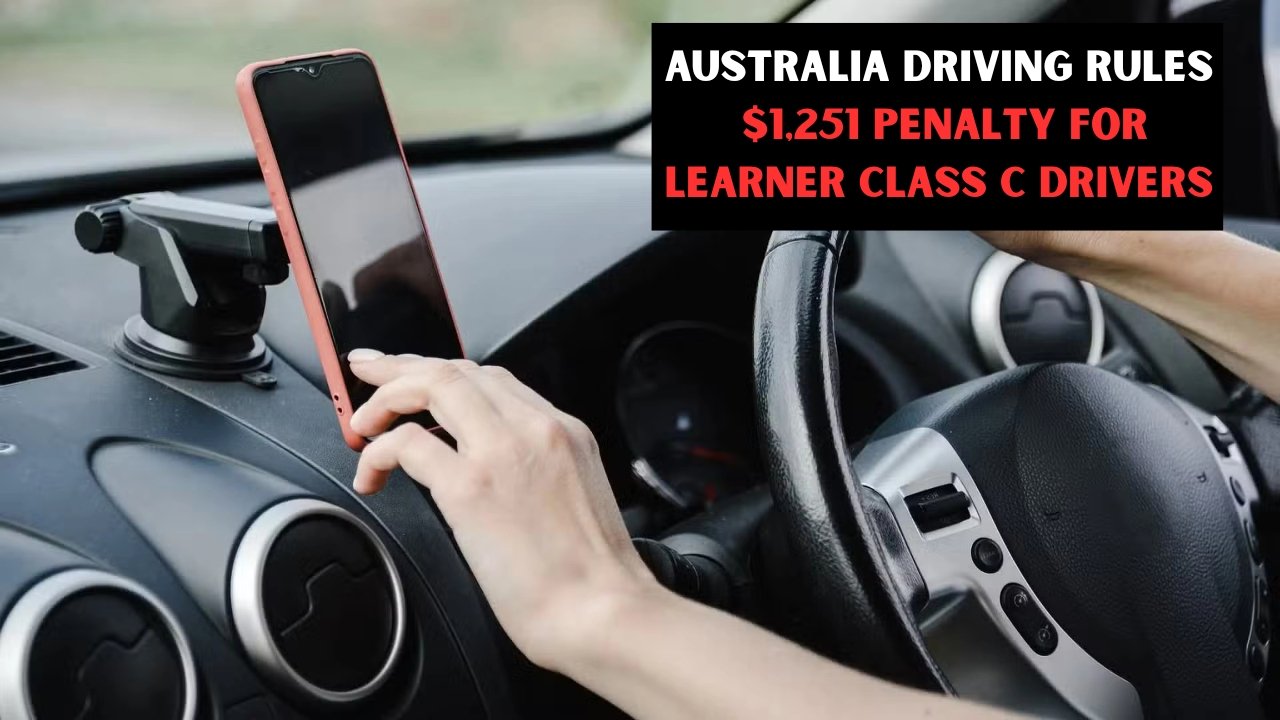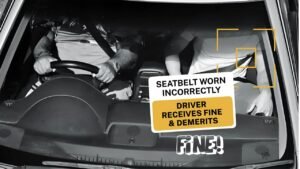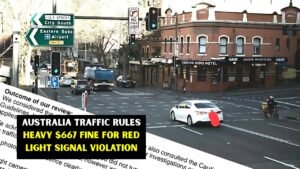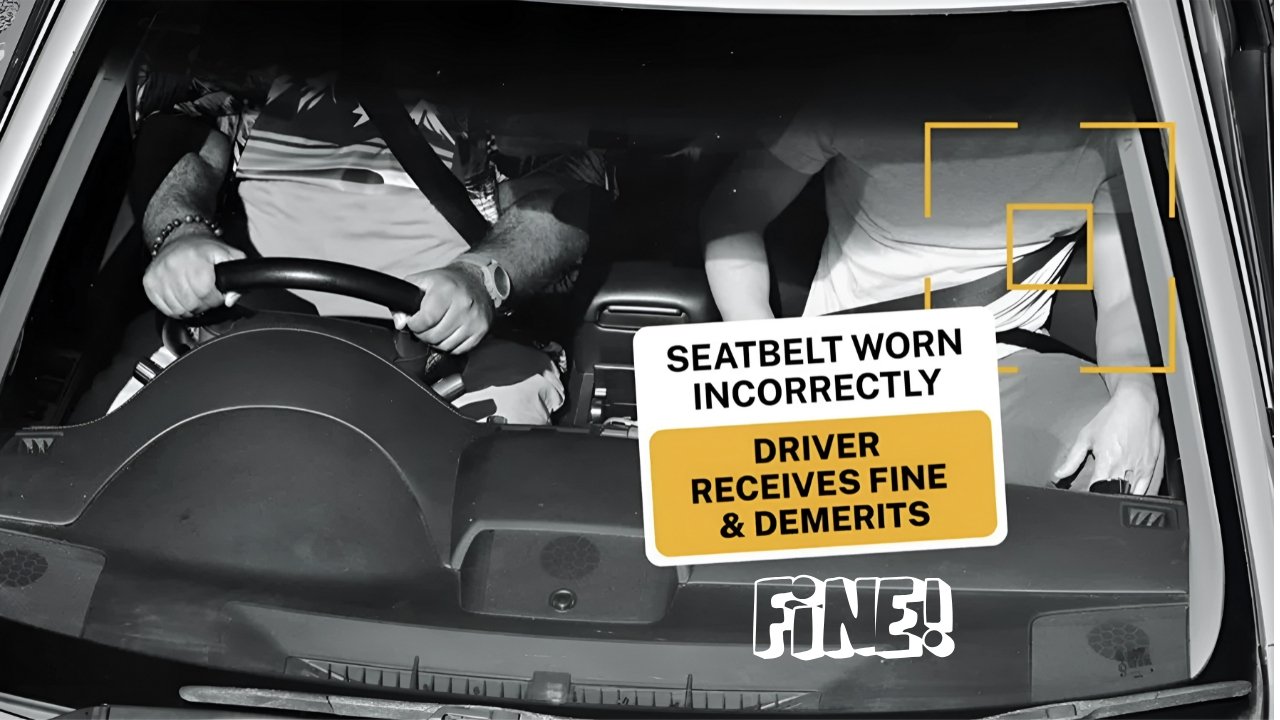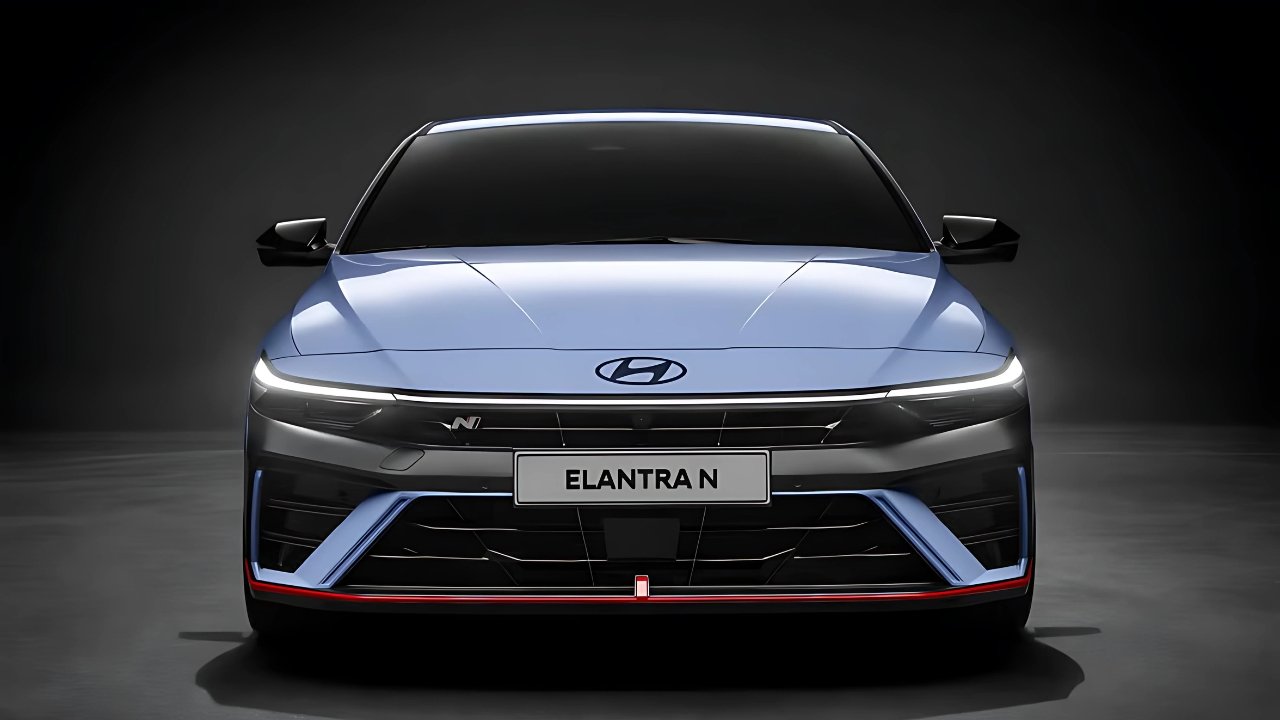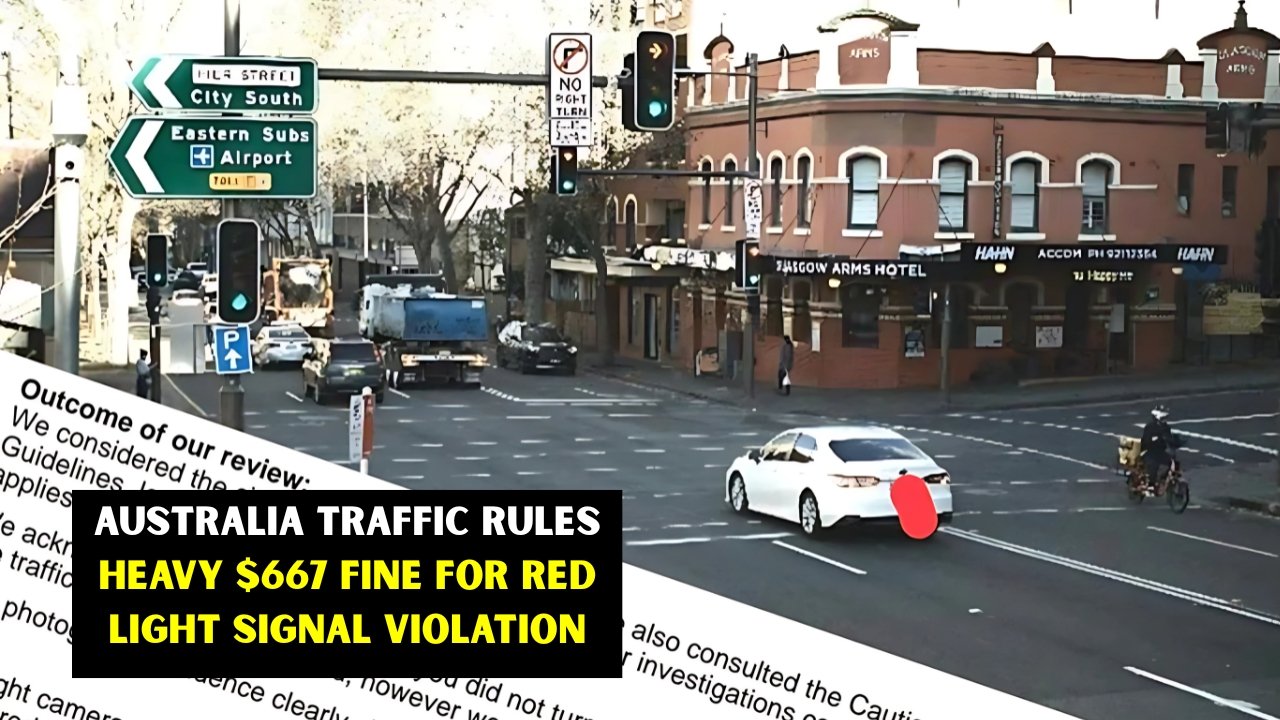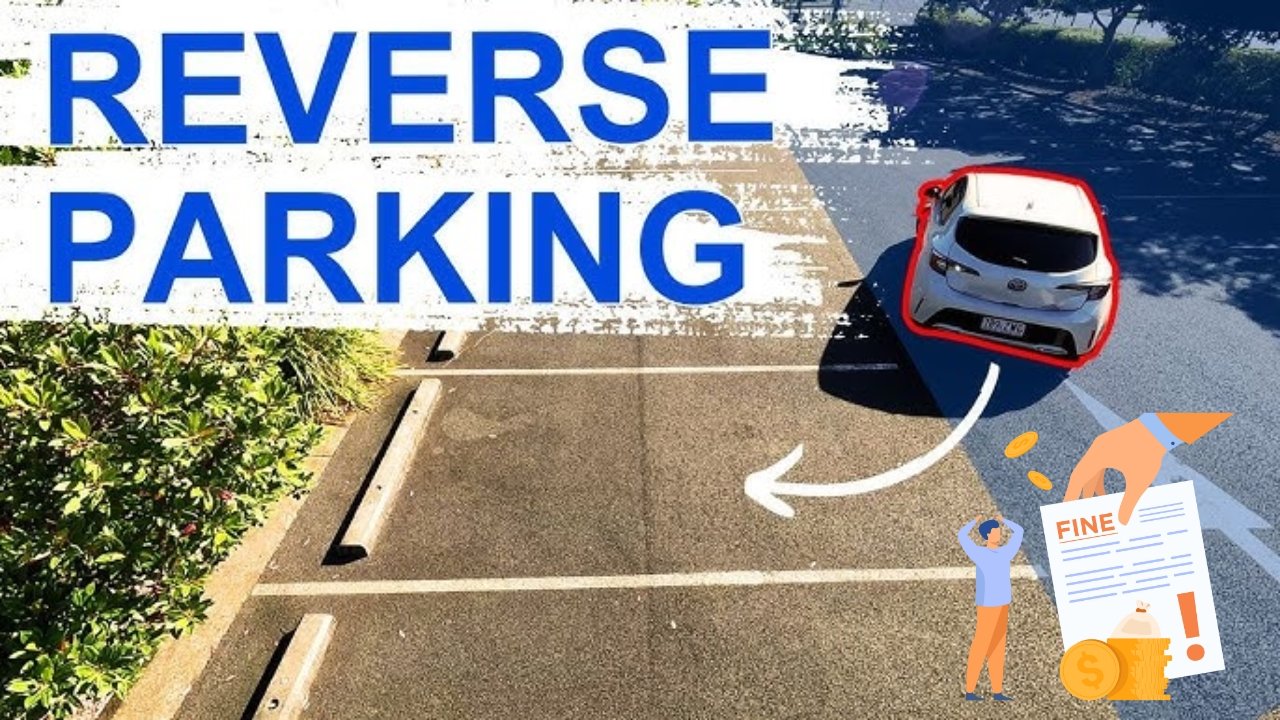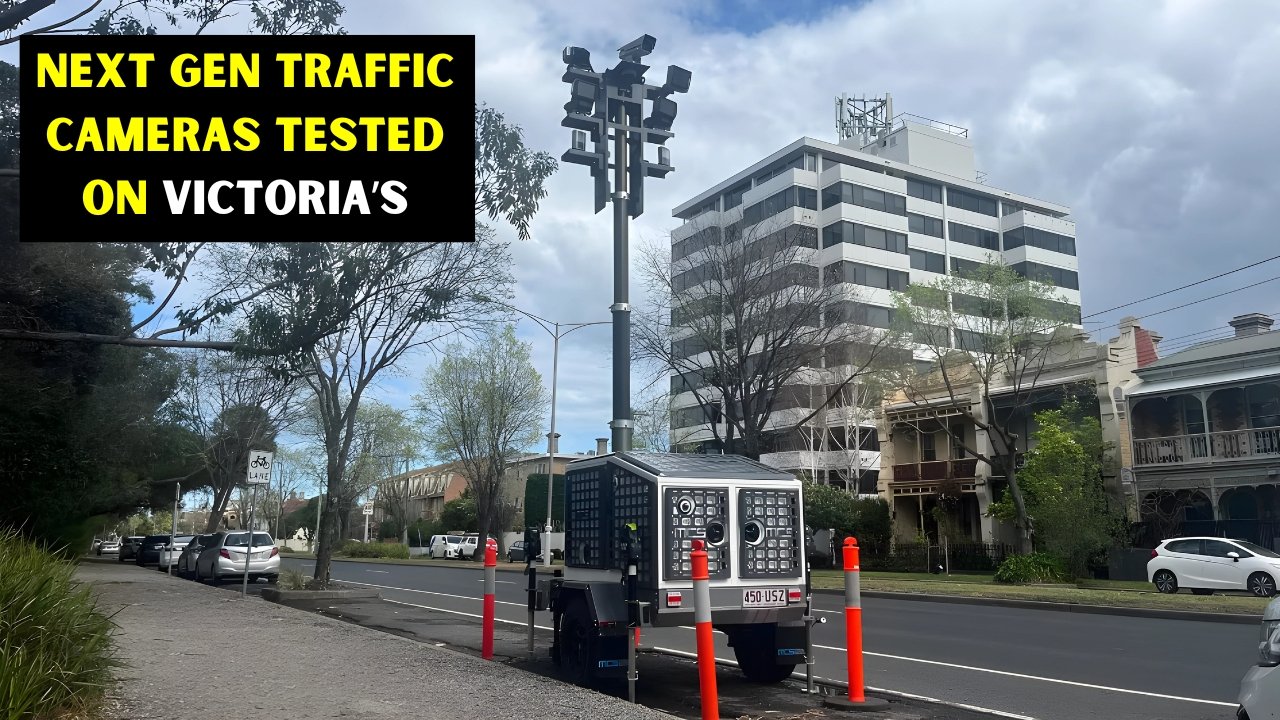Australia has some of the most serious road rules and is well known for it. In one recent case however, learner drivers that are caught using their phones while operating their vehicles face some very hefty fines. Class C liscense holders, particularly those of the age twenty and younger and who may be caught using their phones while ‘driving’ or at the very least ‘stationary at the lights’ face a penalty of $1,251, other monetary punishments, and loss of some liscense privileges. Australian road rules and safety bodies explain these measures as a way to counter the increase in accidents involving drivers under the age of 25.
Why the Law is Harsh with Young Learners
Australian case studies and statistics indicate a clear relationship with lack of age and increased likelihood of an accident while driving as a result of easy driver distraction. Young learner drivers have demonstrated a significant lack of ability to respond in a timely fashion and using a cellphone makes this situation far worse and more likely. Penalty laws suggesting fines and demerits for careless driving are intended to remove the driver’s focus on penalties. This captures the essence of the case, the driver’s sole focus should be uninterrupted and uninterrupted on safety.
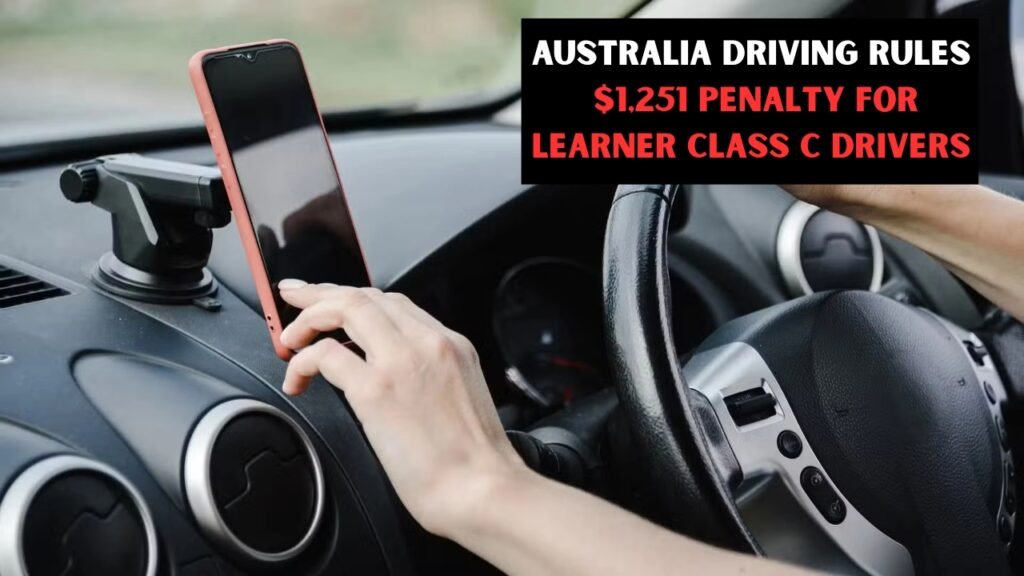
Consequences
Here’s a quick breakdown of the penalty structure:
| Offence | Age Group | Licence Class | Fine | Demerit Points |
|---|---|---|---|---|
| Using phone while driving | Under 25 | Class C Learner | $1,251 | 4-5 points |
| Using phone while parked legally | Any age | Any class | No offence | 0 points |
| Using phone for navigation (hands-free) | 25+ full licence | Unrestricted | Allowed | 0 points |
Those who have a provisional licence and are learners will lose demerit points and face suspension of their licence even before they gain a full licence, and that is only if they are found using a phone. Adding to the restrictions of no consuming alcohol and other drugs, the use of phones has also become a major restriction. This further goes to show how young drivers are treated as a special category that require more attention and have more rules enforced to them.
Technology and Road Safety
It is accurate to say that technology should be incorporated as part of the solution, rather than something that can cause a problem. Many young drivers will say that they need to use the phone and other technology to help them navigate the roads, however, using a cellphone for any conversation, even if it is hands-free, is prohibited under learner’s licence rules. This is due to the fact that any degree of contact that is likely to take a driver out of their concentration should be minimized very highly, and with little margin for mistakes. Road safety experts recommend other systems such as setting the GPS before taking off, as opposed to mobile phones and other systems that are likely to distract the driver.
Public Awareness and Long-Term Impact
Australia has many campaigns to improve road safety and to create more awareness about the issues. Young drivers, and learners are made the focus as they are the most vulnerable and need more help. The fine of $1,251 has been made to serve as a punishment and also a deterrent for bad driving behaviors. In the long run, it is believed that with harsher measures taken, the accidents caused by youths will decline. Australian road officials think it is important to build safe driver habits in new drivers because it will create a new generation of safe drivers.
FAQs
1. Are learner drivers under the the age of 25 allowed to use a hands free device?
Unfortunately no. learner drivers under the age of 25 are banned from all mobile phone use including hands free.
2. What happens if a learner can’t pay the $1251 fine?
Additional penalties, loss of a driver’s license, and legal action can be civil.
3. Is the learner phone rule the same in all states?
Yes, all states of Australia are in agreement that learners are prohibited from the use of mobile phones while operating a vehicle.
4. Are learners able to use a phone while the vehicle is stopped?
No. Learners are not allowed to use their mobile phones, except when the vehicle is parked, no more and no less.

